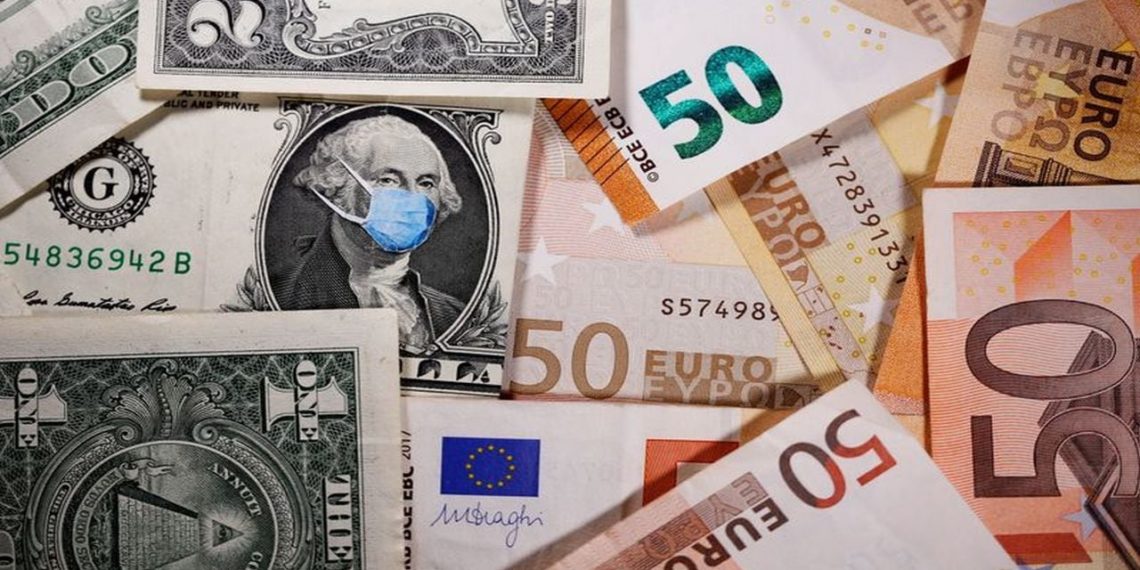Ghana’s first-time sale of a zero-coupon bond on the international market poses high risk to investors as interest rates are likely to rise rapidly in the US and other advanced economies.
The IMF has indicated that interest rates in such jurisdictions, especially in the US may rise rapidly, as advanced economies take a U-turn and adopt policy normalization.
“… There is a risk that financial conditions in emerging and frontier market economies may tighten markedly. Especially, if policymakers in advanced economies take steps toward policy normalization and rates rise rapidly.”
Despite huge scepticism among analysts, Ghana successfully raised $3 billion out of a total of $5 billion issued on the international capital market (ICM) in late March. More so, the zero-coupon bond sale was twice oversubscribed.
Hitherto, concerns raised by analysts indicated a decline in investor confidence. This was due to Ghana’s fiscal challenges and coupled with rising debt levels.
Investor sentiments were anchored on the relatively favourable market conditions; low interest rates in the US and accommodative financial conditions.
However, this may change within the short-to-medium term as high-yielding assets are beginning to raise interest rates in the US.
“But the picture is starting to change, as longer-term interest rates are rising. The yield on the 10-year US Treasury note has increased from just over ½ percent in August 2020 to about 1¾ percent recently, almost matching its pre-pandemic level.
“This reflects improved prospects for inflation and growth—real yields and market-implied inflation have both risen—but medium-term inflation expectations remain anchored.”
Adrian Tobias, IMF Financial Counselor
Ghana’s bond issuance amid rising debt
Among the bonds issued was a zero-coupon bond with four-year maturity, including a seven-year, twelve-year and twenty-year debt instruments. With a face value of $5 billion, the bond’s interest rate amounts to approximately 8% on average.
Moreover, in the spate of three years the government has issued Eurobonds worth $2 billion in 2018 and $3billion each in 2019 and 2020 and then $3 billion this year.
Meanwhile, Ghana’s public debt stock as at December 2020 reached GHS291.6 billion, reflecting 76.1 percent of GDP. Coupled with this, interest costs are close to 50 percent of government revenue.
The commercial component of Ghana’s external debt which includes Eurobond issuance has exceeded half of the external debt.
Current statistics show that commercial component of Ghana’s external debt stock has reached GHS 141.8 billion. And Eurobond issuance is the typical driver of this debt stock.
Furthermore, with challenges looming on the back of Ghana’s fiscal balance, the government has projected a return to fiscal deficit of 5% in 2024.
The government has also projected raising revenues to the tune of GHS72 billion, a 32% increase from last year’s. The government is looking to introduce new tax measures including a percentage point increase each in the National Health Insurance levy and the VAT flat rate.
Although the zero-coupon bond issued recently was successful, it does not warrant that investors have “fallen in love” with holding Ghana’s bonds. The concerns raised about Ghana’s fiscal challenges amid rising debt levels should be taken into serious consideration by the government.



















